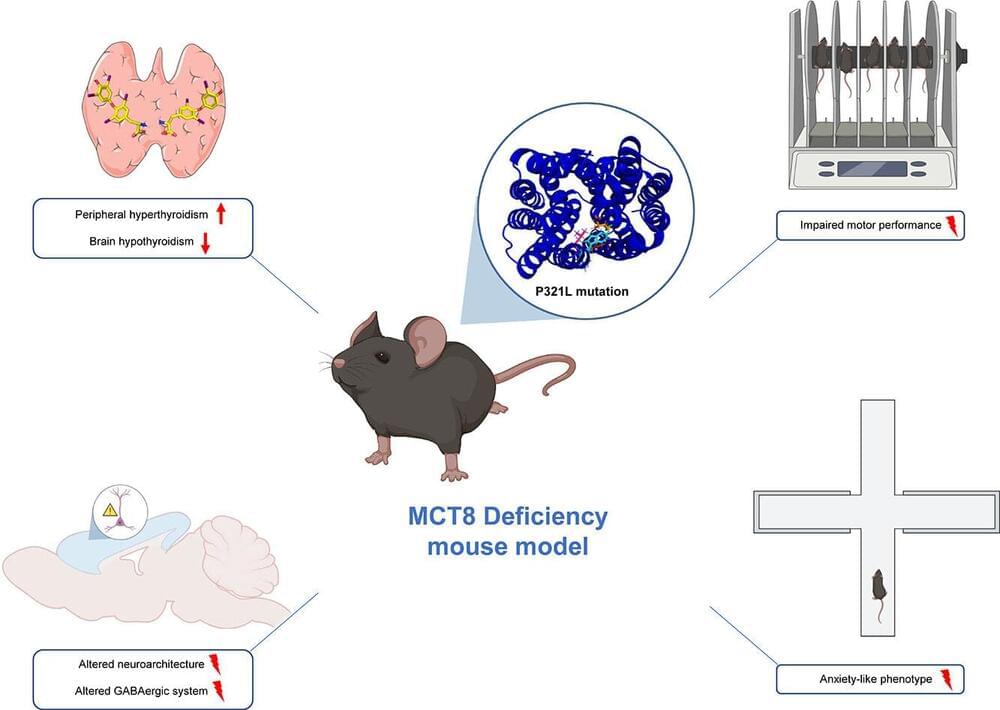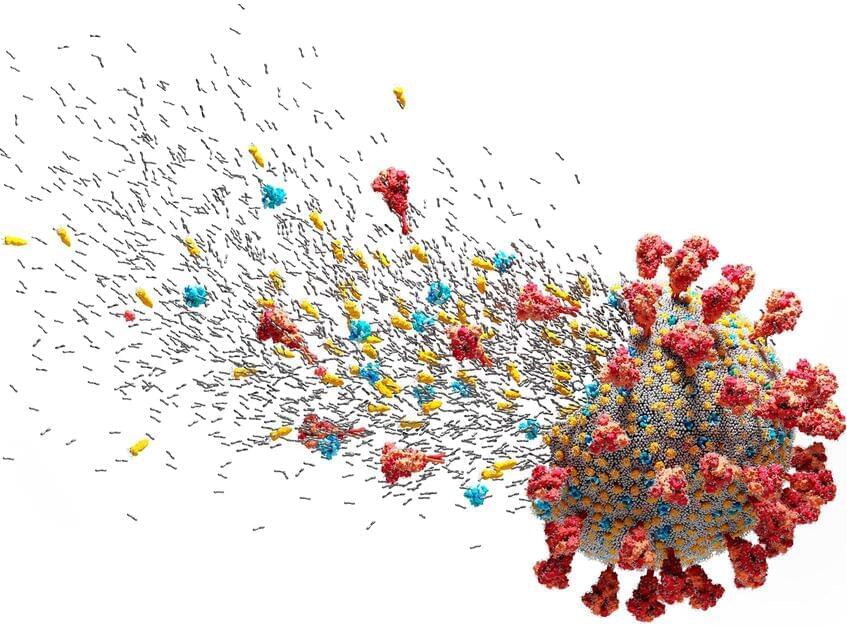Huntington’s disease (HD) is a neurological disorder that causes progressive loss of movement, coordination and cognitive function. It is caused by a mutation in a single gene called huntingtin (HTT). More than 200,000 people worldwide live with the genetic condition, approximately 30,000 in the United States. More than a quarter of a million Americans are at risk of inheriting HD from an affected parent. There is no cure.
But in a new study, published December 12, 2022 in Nature Neuroscience, researchers at University of California San Diego School of Medicine, with colleagues elsewhere, describe using RNA-targeting CRISPR/Cas13D technology to develop a new therapeutic strategy that specifically eliminates toxic RNA that causes HD.
CRISPR is known as a genome-editing tool that allows scientists to add, remove or alter genetic material at specific locations in the genome. It is based on a naturally occurring immune defense system used by bacteria. However, current strategies run the risk of off-target edits at unintended sites that may cause permanent and inheritable chromosomal insertions or genome alterations. Because of this, significant efforts have focused on identifying CRISPR systems that target RNA directly without altering the genome.





